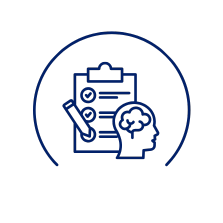Rewards Engine.
Automating Contingency Management
Rewards Engine is the industry’s leading customizable platform for automating contingency management and streamlining processes for greater efficiency and simplicity.

Boost Outcomes with Configurable Platform
The Rewards Engine enables organizations to create tailored contingency management programs that meet their specific needs.
Select Distribution Method
Decide on the method for reward distribution, choosing between a physical, reloadable debit card or digital gift cards.
Enhance SUD Recovery
Contingency Management (CM) has emerged as a highly effective, evidence-based intervention for enhancing treatment outcomes in individuals with substance use disorder (SUD). By incentivizing positive behaviors, CM fosters a supportive recovery environment that significantly increases engagement and improves recovery outcomes.
Contingency Management has demonstrated its impact on SUD treatment in several key areas:
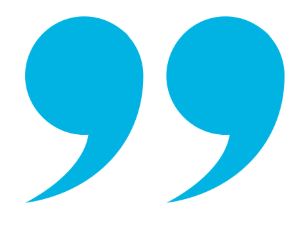
CHESS Health’s digital technology allows for customization of rewards for participants meeting their treatment goals and immediate delivery through a reloadable debit card.
– Elizabeth Hertel, Michigan Department of Health and Human Services Directorichard Choate, MA, MFA, CADC II, LADC, SUD Clinical Supervisor
Proven Impact.
SAMHSA Advisory
A 2025 SAMHSA Advisory increased incentives for contingency management to $750 per patient per year. The advisory recommends that payments be made using vouchers and gift cards, prohibits cash payments, and emphasizes the use of digital technologies to enhance engagement, outcomes reporting, and maintain clear audit trails
Automate for Improved Efficiency
Rewards Engine enables providers, states, and payers to implement effective behavior reinforcement seamlessly by automating all program components.
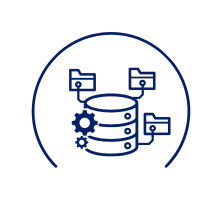
Protocol Management
Streamline your processes with intuitive protocol management that ensures consistency and compliance across all program components.
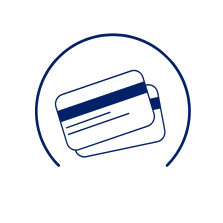
Rewards Distribution
Various delivery methods for rewards, including reloadable debit cards and digital gift cards, ensure accessibility and enhance patient engagement.
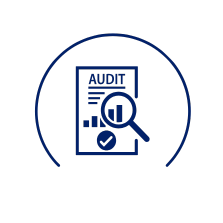
Audit Trail
Maintain transparency and accountability with a comprehensive audit trail, tracking all actions for compliance and review.
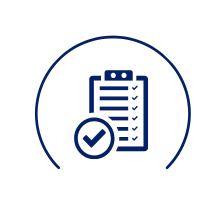
Outcomes Reporting
Generate real-time analytics to track participation and measure outcomes for internal and external reporting.
